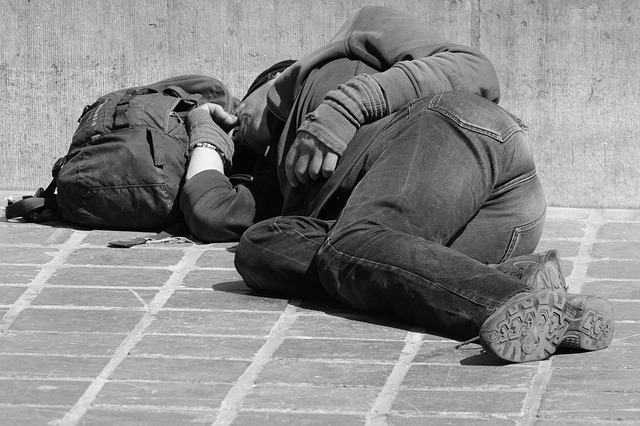Mortality rates are on the rise among middle-aged white Americans, fueled by drugs, alcohol and suicide. A new study looks deeper into what are called “deaths of despair.”
Economists from Princeton used their analysis in 2015 to identify a growing trend in death rates among white people between the ages of 45 to 54, beginning in 1998, CNN reports. Anne Case and Angus Deaton, a husband and wife team, say that the opioid epidemic gripping the nation only “added fuel to the flames.”
Case said,
It’s not just…the baby boomers. It really has spread into Gen X, as well.
The researchers added that the economy and other social factors appear to be playing bigger roles in mortality, meaning this is something that Americans will have to deal with for a long time coming. Factors include the lack of steady jobs for people who did not get a college degree.
“And when the jobs just aren’t there, they sink into depression or that feeling of general hopelessness,” said Shannon Monnat, a professor of rural sociology from Penn State University. Monnat published a study reporting that the counties with the highest “deaths of despair” counts voted more for Donald Trump in last year’s election compared to Mitt Romney in 2012.
Dave Thomas, a program official in the National Institute on Drug Abuse‘s Division of Epidemiology Services and Prevention Research, also published a study in January detailing how deaths were on the rise among Native and white Americans caused by drug overdoses and suicide.
Thomas said that this opioid abuse is “an unusual epidemic” and that it predominantly happens to white people in rural areas. “I don’t think we have a complete understanding of why it’s happening that way. There’s not just one simple answer.”
Case and Deaton said that “deaths of despair” have now reached urban areas, making it a nationwide problem. The trend can be traced back to the southwest states in 2000.
According to them, a college degree can be pinpointed as the number one factor for this increase. “The job opportunities available to people with a college degree just put them on a different trajectory,” Case said. Jobs and education further affect a person’s social circles, affecting who they marry and how stable their home lives become.
There is no simple and easy answer to the problem, Case said. The connections between the economy, education and health would take a long time to understand.
























